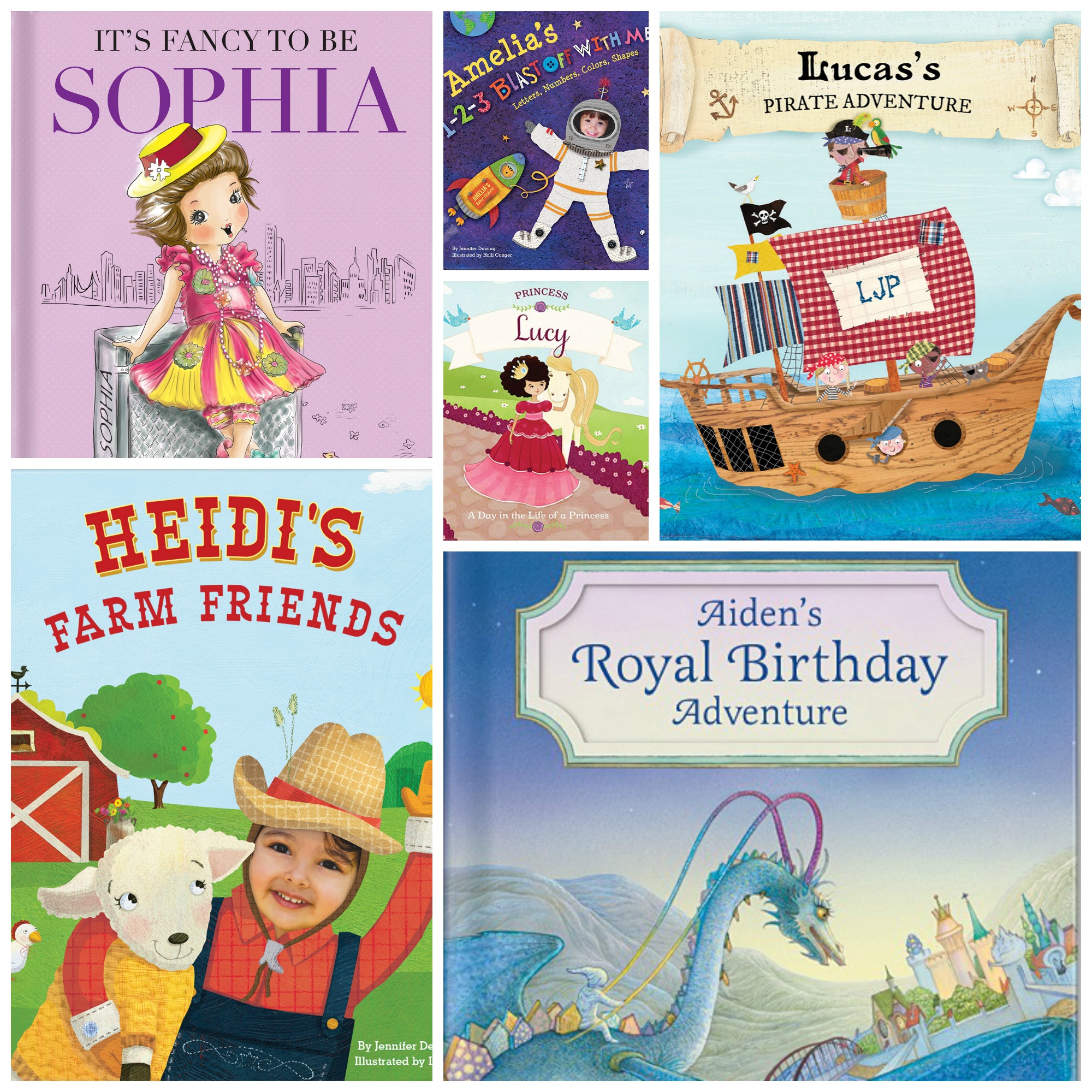With the start of school comes homework and studying—activities many kids find stressful, frustrating, or just plain boring. Homework doesn’t have to be a negative experience, however. Try some of the following tips and learn how to make studying fun.
Start with Excitement
Parents sometimes sabotage themselves when children start studying—it’s easy to remember our own adverse experiences with homework and assume our children will react in similar ways. If kids pick up on this (and being little sponges, they will), they’re more likely to object to studying.
Instead, act as if studying’s fun, even if your childhood experiences suggest otherwise. Make studying a special time of the day, when you and your child work together to read and learn. A little positivity in the early days of studying can influence a child’s attitude towards learning for life.
Make Learning Part of Life
Learning isn’t confined to the classroom. Look for opportunities to make games out of learning. Play I Spy with signs while driving, asking kids to spot signs that contain certain letters and words. Video games are great (in moderation) for practicing both math and reading skills. Count toys, count toes, and above all, read. Regular story-time has an enormous influence on a child’s willingness to read and achieve academic success.
Offer Rewards
No, you don’t want to bribe children to do their homework, and we don’t want to suggest doing so. There’s no harm, however, in having children work towards a goal by studying. Make a sticker board and hang it in the study area. Every day the child studies, he or she gets a special sticker to put on the board. Set small rewards for collecting enough stickers, such as choosing a movie, an extra half-hour of videogame time, or an ice cream date with mom and dad.
Apply Studying to Real Life
Take opportunities to demonstrate how studying applies to real life. Cooking’s a great way to show the importance of learning to measure things. The monthly bills need math skills, while making a shopping list requires reading and writing.
Take Breaks
Schedule regular breaks during studying, to give the child chance to rest or reorganize her thoughts. Don’t let her run off and play, however—that just makes it all the more difficult to get her back to her homework. Instead, take five or ten minutes to have a snack or glass of water with her. Talk about her day and ask her about school. These short breaks can be great one-on-one moments with your child without dragging her attention completely away from her studies.

